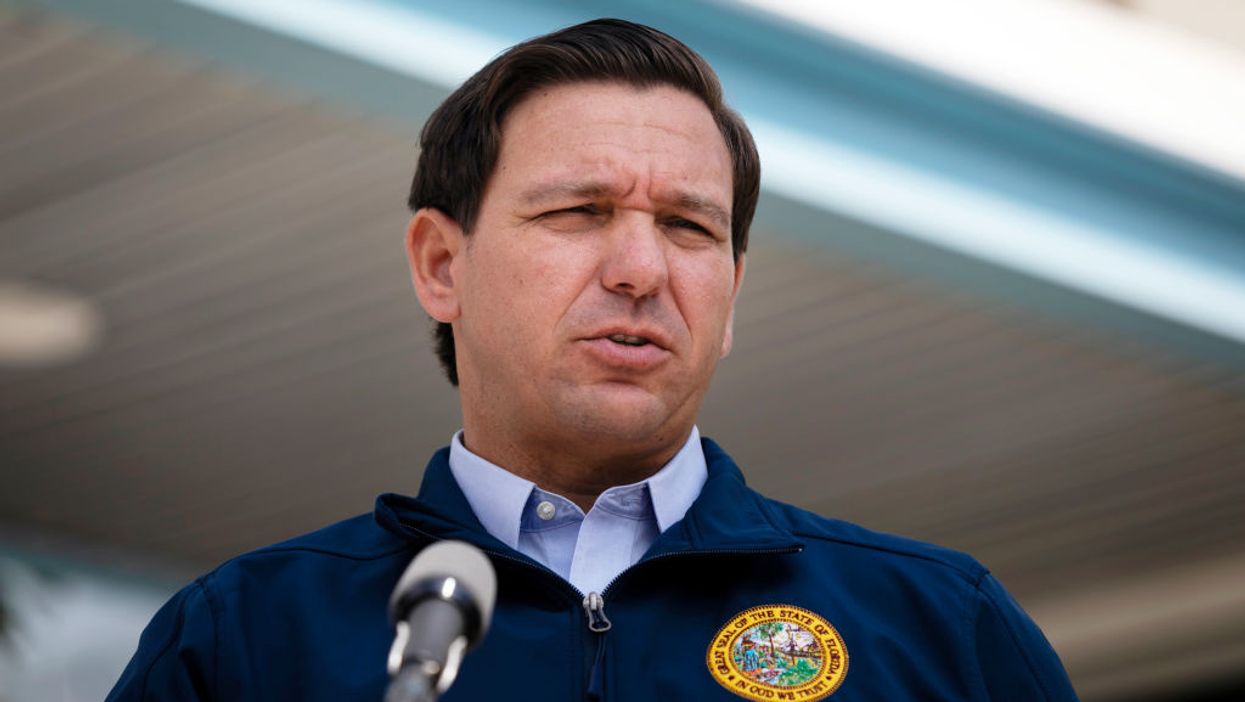
Eva Marie Uzcategui/Getty Images

'We're not going back, closing things'
Florida Gov. Ron DeSantis, a Republican, announced Tuesday that he will not cave to pressure to reimpose lockdown measures in the Sunshine State.
As coronavirus cases surge across the Sun Belt, the mainstream media is devoting special attention to the development, suggesting the mostly Republican-controlled governments bare culpability for the increase of cases. Texas, for example, announced the reclosure of bars last week, as well as a limit on dine-in eating at restaurants.
Florida, however, will not follow suit.
Speaking to reporters on Tuesday, DeSantis said he does not believe open businesses are causing the spike in cases.
"We're not going back, closing things," DeSantis said, Axios reported. "I don't think that that's really what's driving it. People going to a business is not what's driving it. I think when you see the younger folks — I think a lot of it is more just social interactions, so that's natural."
The Republican governor explained that Floridans are being vigilant about who is most vulnerable to COVID-19 complications.
"We're open. We know who we need to protect. Most of the folks in those younger demographics, although we want them to be mindful of what's going on, are just simply much much less at risk than the folks who are in those older age groups," he said.
Florida has seen just under 50,000 new cases of COVID-19 over the past week.
But according to WTVJ-TV, the median age for positive cases has cratered to just 36; during the height of the outbreak in March and April the median age for positive cases was almost double that.
This means that, although the surge in cases is cause for alarm, there is greater likelihood that those contracting the virus now will recover more easily because they are younger.
On the other hand, the data shows that elderly and medically vulnerable folks are better protecting themselves.
Indeed, the overall death rate has steadily decreased in the U.S. after peaking sometime in late April or early May.